February 13, 2024
by Patricia Tomasi

A recently published study looked at depression detection using in-the-wild smartphone images. “Our study, MoodCapture, explores the innovative use of smartphone technology to detect signs of depression through ‘in-the-wild’ facial expressions captured by the front-facing camera during routine phone unlocks or app use,” co-first author Subigya Nepal told us. “We aimed to assess whether these spontaneous images, which reflect authentic emotions free from the biases of self-presentation, could serve as reliable indicators for depression."
[More]
June 27, 2023
by Patricia Tomasi

A new study published in the Journal of Athletic Training looked at self-reported mental health measures among incoming collegiate student-athletes who had COVID-19. “We were interested in seeing if a young, highly active group experienced a lasting emotional upheaval following recovery from COVID-19,” study author Melissa Anderson told us. “Based on reports that up to a third of people who had a COVID-19 diagnosis experience persistent psychological symptoms, we expected to see similar results in our study."
[More]
May 30, 2023
by Elizabeth Pratt

The decision making capability of college students has likely been negatively impacted by the COVID-19 pandemic.
Researchers from Ohio State University found that students had less consistent decision making in the fall semester of 2020 compared with students who had previously participated in the study in previous years.
[More]
July 30, 2022
by Elizabeth Pratt
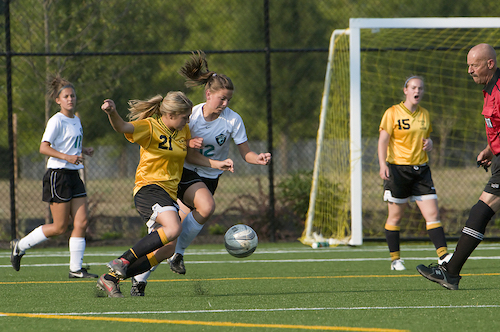
Children who participate in extra-curricular activities are happier than their peers who spend their time playing video games or on social media.
Whether it be music lessons, clubs, catch ups with friends or sports practice, children who did out of school activities had greater wellbeing.
[More]
June 29, 2022
by Elizabeth Pratt
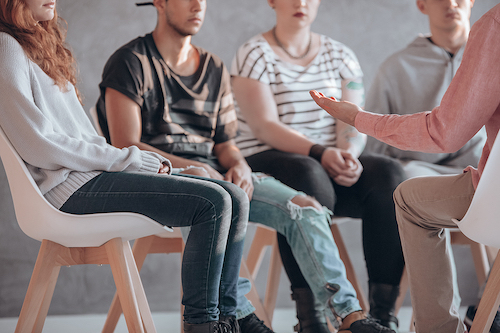
Fewer high school students attempt suicide in states that have enacted hate crime laws that protect LGBT+ people.
Researchers from the University of Indianapolis and The Ohio State University found that the reduction in suicide rates didn’t only occur among sexual and gender minority students, but also among heterosexual students.
[More]
June 28, 2022
by Elizabeth Pratt
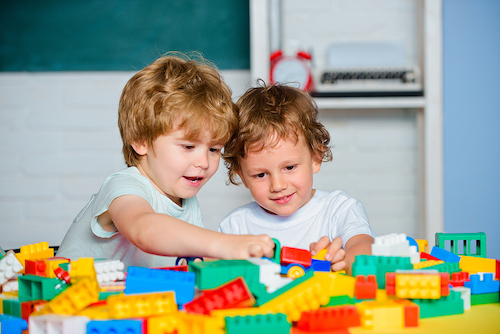
Children who play well with peers when they are pre-school age have better mental health later in life.
Researchers from the University of Cambridge found that the capacity to play well with other children, known as “peer play ability” has a protective effect on the mental health of a child.
[More]
March 29, 2022
by Elizabeth Pratt

Being a confident cook isn’t just beneficial for the taste buds but also for mental health.
Researchers from Edith Cowan University in Australia found that those who engaged in a 7-week healthy cooking class had improved confidence in the kitchen as well as better general and mental health.
[More]
January 4, 2022
by Patricia Tomasi

A new, first-of-its-kind survey by the Centre for Addiction and Mental Health (CAMH) investigated the impacts of the COVID-19 pandemic on 2SLGBTQ+ youth and young adults at risk of, and experiencing, homelessness in the Greater Toronto Area (GTA) and surrounding areas. “I approached this study with the understanding that, prior to the COVID-19 pandemic, 2SLGBTQ+ youth experiencing homelessness have been found to experience higher rates of mental health issues, including depression, anxiety, and suicidality, often resulting from identity-based discrimination, violence, and a lack of support,” study author Dr. Alex Abramovich told us. “I wanted to address these gaps and identify appropriate measures to support 2SLGBTQ+ youth experiencing homelessness and promote mental health during future waves of COVID-19 or future pandemics."
[More]
October 28, 2021
by Elizabeth Pratt
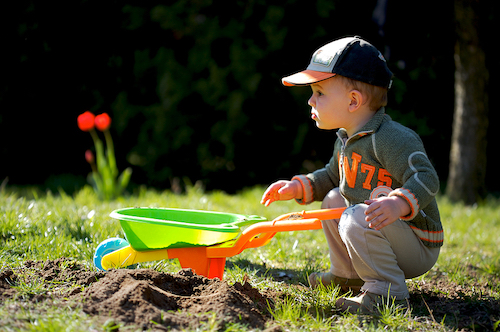
Children from less wealthy families are likely to have found COVID-19 lockdowns more difficult due to less time spent in nature than their more affluent peers.
Researchers from the University of Cambridge found that children who spent more time in nature during lockdown had less emotional and behavioural problems.
[More]
October 5, 2021
by Patricia Tomasi
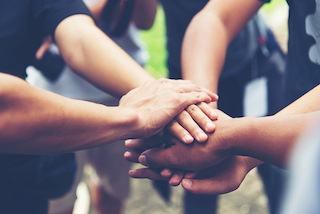
A new study published in eNeuro examined team flow and how it is a unique brain state associated with enhanced information integration and neural synchrony. “The study is about Team flow; a psychological state experienced when a team gets ‘in the zone’ during their performance,” study author Dr. Mohammad Shehata told us. “Successful teams and their coaches or supervisors strive to reach this state. We were hoping to detect brain signals specific to team flow and understand the neural mechanisms behind this state.”
[More]